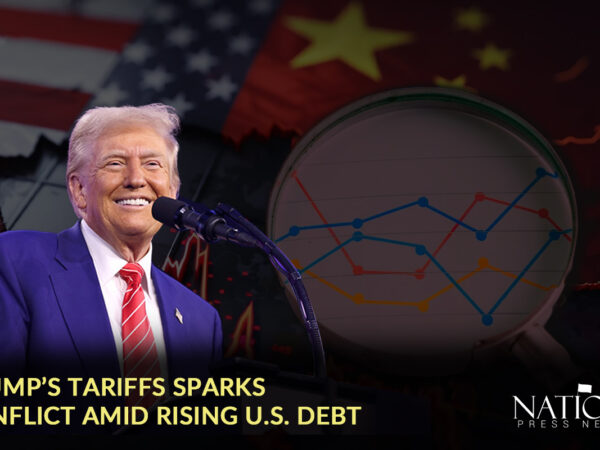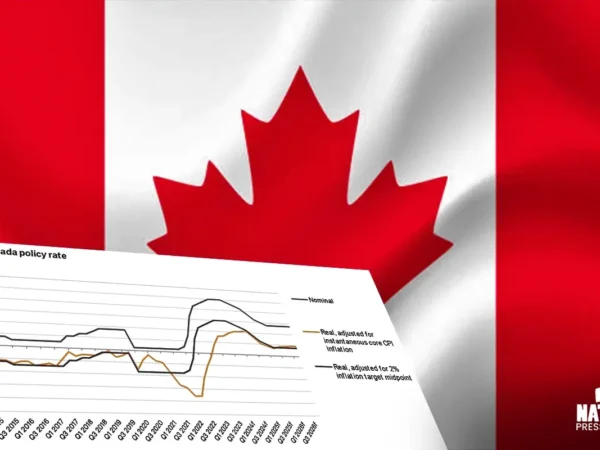A Complete Guide to Unlocking the Potential of Trading Indices
Indices are a great way to start trading in the stock market. As a beginner, you can always invest in indices and make huge profits. Unlike stocks of a single company, which require enough research and, based on it, you need to plan your entry and exit strategies, trading in indices of the same sector requires minimum research.
What are indices?
If you consider investing in Shell, which is an oil and gas firm, you only end up investing in a single firm. While researching Shell, you need to consider both fundamental and technical analysis and their indicators, depending on your trading style.
However, when you consider the oil and gas sector, BP, Exxon Mobil, and Chevron are among the few firms, along with Shell. Thus, instead of investing in a single oil and gas company of your choice, you can very well invest in the oil and gas index.
Investing in an index can streamline your research and focus your strategy on the sector itself instead of individual firms’ stocks.
When you consider the Standard & Poor 500, also known as simply the S&P 500, it is an index of 500 major firms. Thus, various leading firms from all sectors can be found on the S&P 500.
How are indices calculated?
Previously, indices were calculated based on their weighted average; the total number of stock prices of all the firms was considered and then divided by the number of firms. However, such methodology is still being used in Nasdaq 100 and Hang Seng.
Stock indices are calculated very differently depending on the firm, the firm they track, and the goals of the index. Although some index calculations are based on the stock having higher prices, others are calculated based on its market capitalization.
How are firms selected to represent an index of a sector?
A committee is set up that has a set of criteria for the firms in a given sector. These firms are scrutinized thoroughly and then selected to become a part of an index of that particular sector.
These committees met frequently to review the performance of firms listed in the index. They are free to remove those firms that do not meet the eligibility criteria. There are times when the committee may retain them in the index, while sometimes they give them sufficient time to again qualify to be a part of the index.
Types of Indices
You can find several types of indices to trade in the stock market, and as there are many, you can choose and trade as per your trading style.
There are five types of indices available for you as a trader in the stock market:
- Standard & Poor’s 500 (S&P 500)
- NASDAQ Composite
- Dow Jones Industrial Average
- Financial Times Stock Exchange (FTSE) 100 Index, and
- Russell Indexes
As we have mentioned earlier, there are different methods to calculate indices. They are as follows:
Index by Stock Types
Stocks are carefully analyzed by the analysts based on their types. Thus, they include those stocks that are either traded at a price lower than their book value and earnings or a high price with a higher price-to-ratio.
It is important to segregate them since those segregated based on their book value and earnings indicate slow growth for a firm, while those with a higher price-to-ratio indicate firms with above-average sales.
While the S&P 500 Value Index includes mature but slow-growing stocks of a company, the S&P 500 Growth Index includes stocks of those firms that have above-average sales records.
Stocks of JPMorgan Chase, AT&T, and Berkshire Hathaway belong to the S&P 500 Value Index, while Apple, Amazon, Facebook, etc. belong to the S&P 500 Growth Index.
Index by Market Cap
Firms with higher market capitalizations have their stocks listed in the S&P 500. While these stocks are also part of the S&P 1500, the S&P MidCap 400 and S&P SmallCap 600 are made up of firms belonging to mid-cap and small-cap, respectively.
Weighted Index
Depending upon their stock prices and movements, weight is assigned to them. Those with a high weighting affect the index’s movements, and vice versa. There are three types of weighted indices.
- Stocks of those who have higher stock prices
- Those with higher market capitalization and
- Weighting each stock equally regardless of factors such as market cap, price of the stock, valuation, and so forth.
Volatility
In the stock market, you must have heard many people refer to the price of stocks as volatile. They are either highly volatile, moderately volatile, or lowly volatile. In the stock market, the price of a stock is referred to as volatility.
To measure the volatility of a stock, it is based on statistical measures such as the standard deviation or variance. Such measures are used to estimate the risk and uncertainty of the stock market.
Several methods contribute to the risk and uncertainty of a stock market. They are as follows:
- Stock index funds become risky and uncertain due to economic factors such as GDP, inflation, interest rates, and unemployment.
- They are sensitive to the psychology and sentiments of stock investors. Any news that affects geopolitical events, positive or negative news that impacts corporate or political environments Fear and optimism can also influence the price volatility of an index.
- Any news related to global or natural disasters, political instability, or trade disputes between countries
- Lastly, trading volumes also impact the volatility of the index market. When the trading volumes are high, that means several traders are participating in the market to make substantial profits, and when they are low, vice versa.
Stock investors and traders keep a close watch on these factors, as short-term market volatility offers ample opportunities to make substantial profits. However, reading these factors correctly is essential, as it allows stock investors and traders to maximize profit potential.
Final Thoughts
Participating in the index market offers one more instrument besides trading and investing in the traditional stock market.
It has its advantage as it offers less research compared to investing and trading in a stock.
To make your trade a success, all you need to do is follow global events and try to understand where the window of opportunity is.







